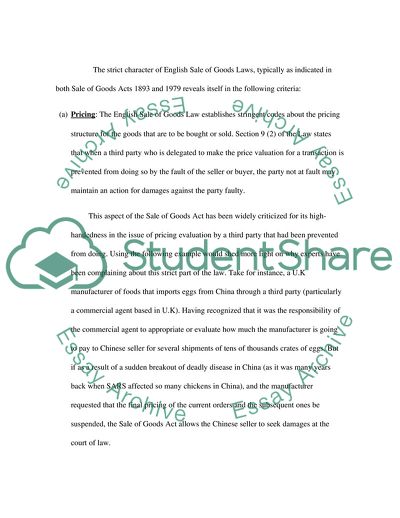Cite this document
(NATIONAL AND INTERNATIONAL SALE OF GOODS Coursework, n.d.)
NATIONAL AND INTERNATIONAL SALE OF GOODS Coursework. https://studentshare.org/law/1722003-national-and-international-sale-of-goods
NATIONAL AND INTERNATIONAL SALE OF GOODS Coursework. https://studentshare.org/law/1722003-national-and-international-sale-of-goods
(NATIONAL AND INTERNATIONAL SALE OF GOODS Coursework)
NATIONAL AND INTERNATIONAL SALE OF GOODS Coursework. https://studentshare.org/law/1722003-national-and-international-sale-of-goods.
NATIONAL AND INTERNATIONAL SALE OF GOODS Coursework. https://studentshare.org/law/1722003-national-and-international-sale-of-goods.
“NATIONAL AND INTERNATIONAL SALE OF GOODS Coursework”. https://studentshare.org/law/1722003-national-and-international-sale-of-goods.


